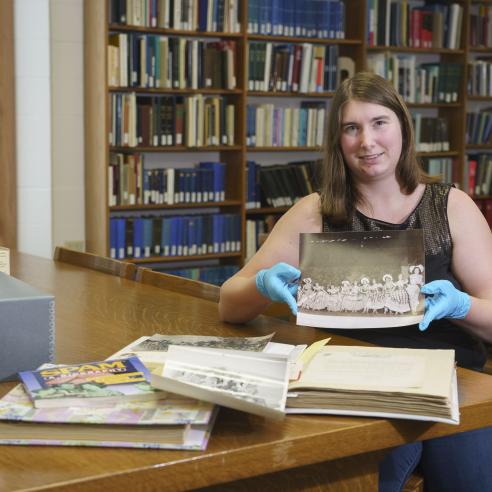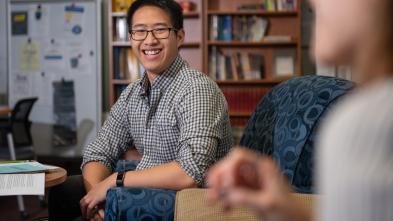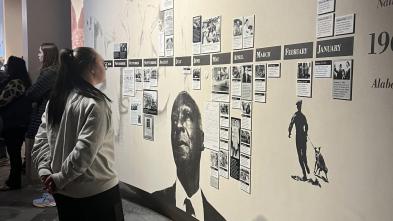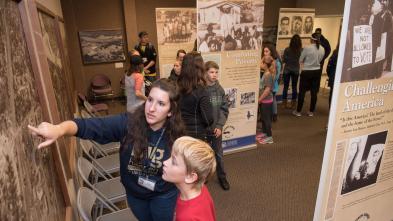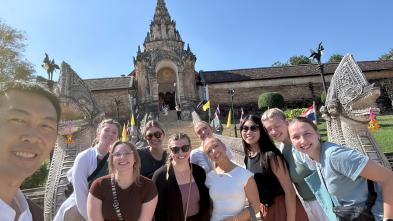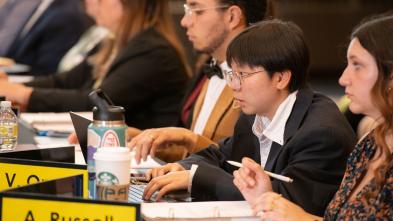

Global and Comparative History
Learn about the historical development and interactions among nations, regions, and global institutions.
Gain a Deeper Understanding of Global Relations
Dive into coursework full of variety and exciting topics with a focus on the historical development and interactions among nations, regions and global institutions. The majority of the certificate consists of courses chosen by you. With more than 30 history electives to choose from, you are easily able to customize your studies and focus on topics that most interest you or align with your career goals.
The global and comparative history certificate is open to all non-history majors, but those studying world politics, business, economics, religion, geography, and women's, gender and sexuality studies may find this certificate particularly useful in enhancing their degree.
Program Details
Blugold Stories
JustThe Facts
From ancient civilizations to the modern era, your courses within the global and comparative history certificate will open doors to the unique experiences of — or viewpoints on — past events. Select the courses of most interest to you and your goals to recognize continuity and change over time, describe the consequences of historical developments and compare local and global histories.
Here are a few courses in Global and Comparative History at UW-Eau Claire.
HIST 125
World History Since 1500
A global history of humankind. Emphasis on the growth of international commerce, the rise and fall of empires, industrialization and deindustrialization, and changes in types of governance, belief systems, gender structures, and the environment.
HIST 304
Greek Civilization
A history of the Greeks beginning with the Bronze Age and continuing through the Alexandrian or Hellenistic period. Stress on cultural contributions of each successive period.
HIST 349
The Global History of Disease
This class explores the global history of disease from ancient times to the present. Includes social, political, and cultural aspects of the history of disease.
Get More Info
Sign up to receive additional information about our campus.


